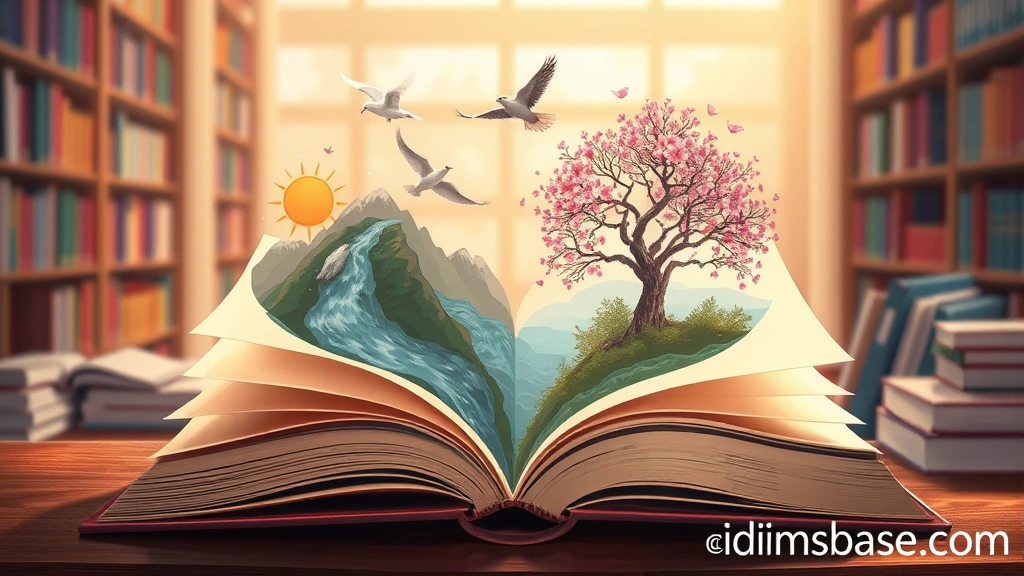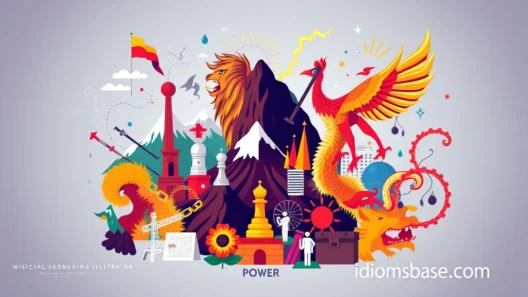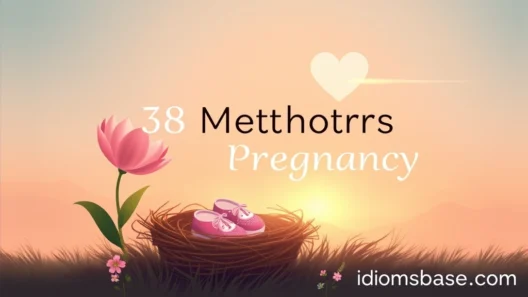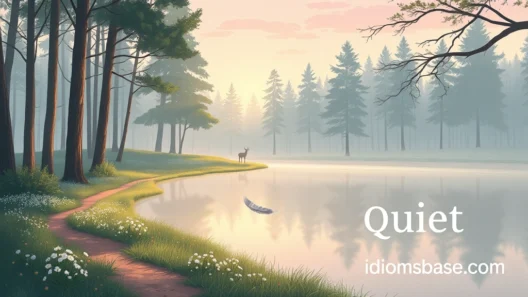Welcome, fellow word-lovers! Have you ever paused to think about what reading really is? It's so much more than just decoding letters on a page, isn't it? It's an adventure, a comfort, a tool, a transformation. Reading opens up entire universes within our minds, connecting us to ideas, emotions, and experiences far beyond our immediate reach.
But how do we truly capture the magic of reading in words? Through metaphors, of course! Metaphors are like little poetic shortcuts, helping us understand complex ideas by comparing them to something familiar. They paint vivid pictures and add layers of meaning, making our language richer and more resonant.
Join us on a delightful journey as we explore 38 captivating metaphors for reading. Each one offers a unique lens through which to view this incredible act, reminding us of its power, its beauty, and its endless possibilities. Get ready to see reading in a whole new light!
38 Metaphors for Reading
Let's dive into some truly imaginative ways to describe the act of reading. You'll be amazed at how many facets of this simple act can be illuminated!
Reading as Exploration & Journey
- Reading is a journey: Each book is a new path, a new landscape to traverse. You pack your imagination and set off!
- Reading is an adventure: You never know what thrilling twists and turns await you on the next page. Dragons? Distant galaxies? You decide!
- Reading is a voyage of discovery: Like an intrepid explorer, you uncover hidden treasures and new territories of knowledge.
- Reading is opening a door: With every book, a new room, a new world, or a new perspective swings wide open.
- Reading is climbing a mountain: You ascend, absorbing the view from new heights, gaining perspective with each challenging chapter.
- Reading is sailing an ocean: You navigate vast seas of words, carried by the currents of narrative to distant shores.
- Reading is a treasure hunt: You follow clues, decipher riddles, and ultimately unearth gems of wisdom or profound understanding.
Reading as Nourishment & Growth
- Reading is food for the soul: It satisfies a deep hunger for knowledge, understanding, and emotional resonance.
- Reading is exercise for the mind: Just like physical exercise, it strengthens your cognitive muscles, improving focus and critical thinking.
- Reading is watering a garden: Your mind is the garden, and books provide the essential nourishment for ideas to blossom and flourish.
- Reading is breathing: It's a fundamental, life-sustaining activity that expands your intellectual lungs.
- Reading is a seed: Each book plants a tiny seed of an idea, which can grow into a mighty tree of knowledge.
- Reading is a vitamin: It provides essential nutrients for mental well-being and intellectual vitality.
Reading as Connection & Empathy
- Reading is a conversation: You're engaging with the author's thoughts, ideas, and arguments, sometimes even arguing back!
- Reading is holding hands with a stranger: You connect intimately with minds and experiences far removed from your own.
- Reading is looking through a window: You gain a glimpse into other lives, other cultures, other times.
- Reading is building a bridge: It connects you to different eras, cultures, and perspectives, fostering understanding.
- Reading is walking in someone else's shoes: You experience the world from a completely different viewpoint, cultivating empathy.
Reading as Illumination & Revelation

- Reading is a light in the darkness: It illuminates complex topics, dispels ignorance, and guides you through uncertainty.
- Reading is unveiling a mystery: Piece by piece, the narrative unfolds, revealing truths and secrets.
- Reading is a key: It unlocks doors to understanding, wisdom, and new possibilities.
- Reading is a mirror: Sometimes, you see reflections of yourself, your experiences, or your beliefs in the pages.
- Reading is a magnifying glass: It allows you to examine details closely, revealing nuances you might otherwise miss.
- Reading is a compass: It helps you navigate the complexities of life, offering direction and moral guidance.
- Reading is a map: It guides you through unfamiliar territories of thought, providing a layout of ideas.
Reading as Creation & Transformation
- Reading is painting a picture: The words are your colors, and your imagination renders the scenes.
- Reading is building a world: As you read, you construct the settings, characters, and events in your mind.
- Reading is a sculptor's chisel: It carves away ignorance, shaping your understanding and refining your perspective.
- Reading is weaving a tapestry: Each word, sentence, and paragraph is a thread, contributing to a rich, intricate whole.
- Reading is a dance: The rhythm of the words, the flow of ideas, moves you in a unique way.
- Reading is planting a garden of ideas: You cultivate new thoughts and perspectives within your mind.
Reading as Sanctuary & Comfort
- Reading is a refuge: A safe haven where you can escape the noise of the world and find solace.
- Reading is a warm blanket: It wraps you in comfort, offering peace and tranquility.
- Reading is a quiet conversation with yourself: It allows for introspection and reflection, guided by the author's words.
- Reading is a meditation: It calms the mind, focusing your attention and bringing a sense of presence.
Reading as Skill & Tool

- Reading is a superpower: It grants you the ability to access vast amounts of information and understanding.
- Reading is a muscle: The more you use it, the stronger and more efficient it becomes.
- Reading is a tool: It's an instrument for learning, problem-solving, and personal development.
Key Takeaways
Reading is truly a multifaceted activity, isn't it? These metaphors highlight several core aspects:
- Reading is transformative: It changes you, expands your mind, and offers new perspectives.
- Reading is active: It's not passive consumption but an engaging journey of discovery and creation.
- Reading is essential: It nourishes your mind, fosters empathy, and provides comfort.
- Reading is powerful: It equips you with knowledge, skills, and understanding that can shape your life.
Embracing these metaphors can deepen your appreciation for reading and perhaps even inspire you to pick up that next book with renewed enthusiasm!
Frequently Asked Questions (FAQ)

Q1: Why are metaphors important for understanding reading?
Metaphors are incredibly powerful because they allow us to grasp abstract concepts, like "reading," by comparing them to something concrete and familiar. They help us see reading not just as a mechanical act but as a rich, dynamic, and deeply personal experience. By using imagery, metaphors make the description of reading more vivid, memorable, and relatable. They unlock new layers of meaning and appreciation for the act itself.
Q2: How can I use these metaphors in my daily life?
You can use these metaphors in many ways! When talking about reading with friends or family, try incorporating one. For example, instead of just saying "I read a good book," you could say, "I went on an incredible journey with this book," or "This book was like a light in the darkness for me." You can also use them to inspire yourself to read more, perhaps viewing each new book as "a door to a new adventure." They can even help you articulate why you love reading to others.
Q3: Do these metaphors apply to all types of reading (fiction, non-fiction, poetry, etc.)?
Absolutely! While some metaphors might feel particularly fitting for certain genres (e.g., "a journey" for an epic fantasy novel, or "a conversation" for a philosophical text), most of them are universally applicable. Whether you're delving into a scientific paper ("unveiling a mystery"), a historical account ("building a bridge to the past"), or a collection of poetry ("painting a picture"), the core essence of discovery, nourishment, connection, and transformation remains. Reading, in all its forms, enriches us.
Q4: Can I come up with my own metaphors for reading?
Please do! The beauty of language is its endless flexibility and capacity for creativity. These 38 metaphors are just a starting point. Think about what reading feels like to you. Is it like tuning into a radio station? Like baking a cake? Like solving a puzzle? The more personal and vivid your metaphor, the more powerfully it will resonate with your own experience. Creating your own metaphors deepens your connection to the act of reading.
Q5: How does understanding these metaphors enhance the reading experience?
Understanding these metaphors can profoundly enhance your reading experience by adding depth and intentionality. When you view reading as "food for the soul," you approach it with a sense of nourishment. If you see it as "a light in the darkness," you might seek out books that offer clarity or guidance. By consciously engaging with these deeper meanings, you transform reading from a mere pastime into a more purposeful and enriching activity. It encourages a more active and appreciative engagement with the text.






